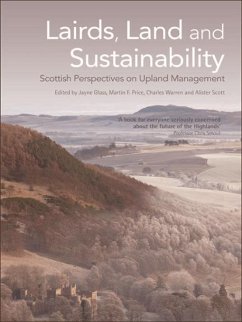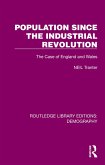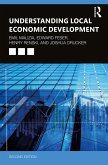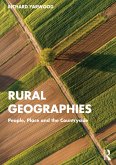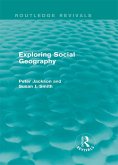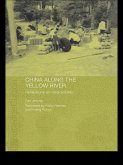A wide-ranging study of how different landownership models deliver sustainability in Scotland's upland areasScotland is at the heart of modern, sustainable upland management. Large estates cover vast areas of the uplands, with a long, complex and emotive history of ownership and use. In recent decades, the Scottish uplands have increasingly been the arena for passionate debates over large-scale land management issues. Crucially, what kinds of ownership and management will best deliver sustainable futures for upland environments and communities? Although the globally unique dominance of private ownership remains a distinctive characteristic of Scotland's uplands, increasing numbers of estates are now owned by environmental NGOs and local communities, especially since the Land Reform (Scotland) Act of 2003. A decade after the passage of this landmark Act, this book synthesises research carried out on a diverse range of upland estates by the Centre for Mountain Studies at Perth College, University of the Highlands and Islands. The findings from privately-owned estates as well as those owned by communities, charities and conservation groups will prove enlightening and relevant to upland managers, policy makers, and researchers across Britain and Europe.With the Scottish Government promoting a vision of environmental sustainability, and with the new diversity of ownerships and management now appearing, this timely and topical book investigates the implications of these different types of land ownership for sustainable upland management. Key Features:Presents major new thinking on upland estate managementFirst dedicated textbook on upland estate managementRespected and experienced academic editorial teamAn academic synthesis of theory and practical case-studies
Dieser Download kann aus rechtlichen Gründen nur mit Rechnungsadresse in A, B, BG, CY, CZ, D, DK, EW, E, FIN, F, GR, HR, H, IRL, I, LT, L, LR, M, NL, PL, P, R, S, SLO, SK ausgeliefert werden.

